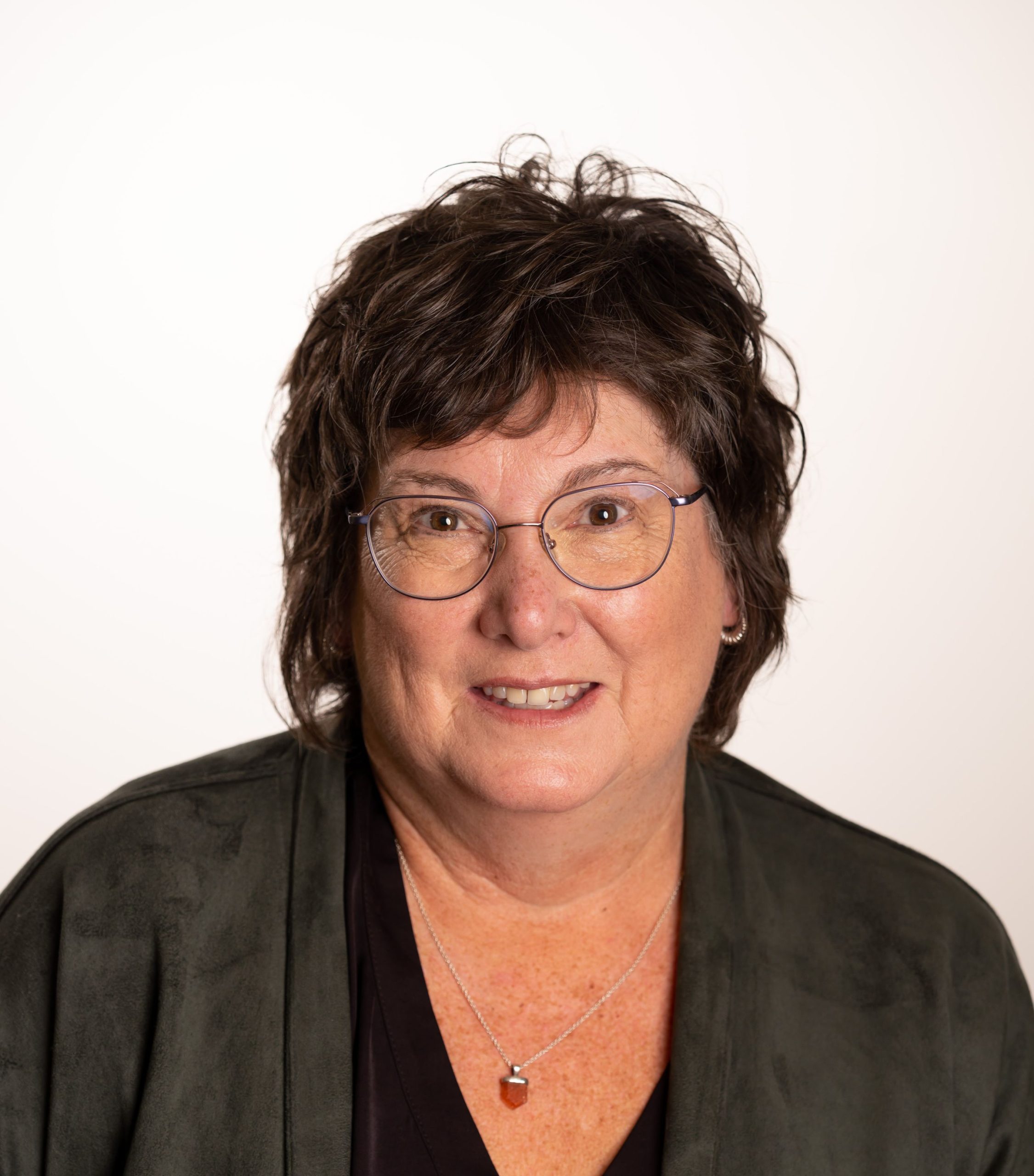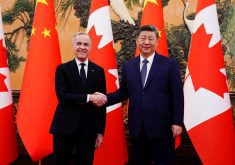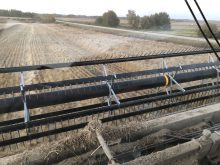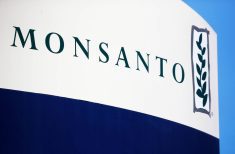One of the world’s leading advocates for global food security had a sobering message for the movers and shakers of Canada’s agricultural sector who attended the Nov. 30 GrowCanada conference.
“The reality is, the food system is productive, but it’s not sustainable, folks,” Ertharin Cousin, told her audience of 500 industry and farm organization executives. “That’s why I say our global food system is broken.”
Cousin, who served as executive director of the United Nation’s World Food Programme from 2012 until 2017, is the founder and CEO of Food Systems for the Future, which works with partners to invest in market-driven food and agriculture enterprises serving low-income communities globally. She has been named on the Forbes “100 Most Powerful Women” list and is one of Time Magazine’s 100 “Most Influential People.”
Read Also

Spoken questions are what make it an interview
Recently, I was exchanging emails with the media email account at a government agency, hoping to reach a source for…
Cousin applauded the gains that have been made in reducing hunger and malnutrition since the Green Revolution of the 1960s and made note of the remarkable efficiency of modern food production systems.
[RELATED] Hearing the Silent Spring 60 years on
But she warned there are growing gaps between efficient and profitable production systems, sustainability, and healthy diets.
“The food system is at the heart of our global human health and environmental crisis,” she said.
Agriculture is both a contributor and victim of climate change. Increased agricultural cultivation is also leading cause of biodiversity loss. Of more than 6,000 edible plants globally, two-thirds of the world’s food comes from just nine commodity crops.
Cousin said the global pandemic, climate change and the Russian invasion of Ukraine have created a perfect storm.
“This perfect storm is now driving millions more of the world’s most vulnerable into extreme poverty and threatening to erase all the gains that I spoke about. Indeed, the World Food Programme warns that by the end of 2022, over 222 million people across 53 countries may suffer from acute food insecurity,” she said. “And what that means is that without humanitarian assistance, they will starve.”
The global spike in fertilizer prices, caused by rising energy costs, could cause small-holder farmers in Africa, who produce 80 per cent of the food consumed in that region, to reduce or eliminate its use. The African Development Bank has warned that could cut food production by at least 20 per cent.
She said the Russian-Ukraine conflict became a tipping point for food price inflation beyond the countries directly affected by supply disruptions. The cost of feeding a family in low- to moderate-income countries has tripled and caused food bank use in wealthier countries, including Canada, to soar.
Cousin zeroed in on an important distinction that often gets missed in ‘feeding the world’ discussions — the difference between producing enough calories and providing nutritious diets. A recently released World Bank report estimated that a nutritionally adequate diet costs 60 per cent more to acquire than one that simply has enough calories.
“Zero hunger requires a food system that is nutritious as well as productive,” she said.
“Because of higher production costs and distribution costs for the diverse nutrient-rich foods, along with the challenges of seasonality and price volatility, 3.1 billion people cannot afford a healthy diet containing adequate calories and nutrients.”
That’s nearly 40 per cent of the global population.
Cousin said she worries that in the bid to increase production, the focus will remain on a narrow range of crops and on new technologies that small holder farmers cannot afford to use. She balked at a suggestion from the audience that organic agriculture be discouraged, saying fighting internally over which system is best takes the focus away from the core issues.
While “sustainable intensification” will provide the greatest productivity gains, “to suggest that that bucket, that menu of tools, does not anywhere on the planet include organics, I think is wrong,” she said.
Cousin said she’s confident the challenges facing global food security can be overcome, but it won’t happen without additional investment in tools and policies focused on sustainable growth.
“I simply ask one favour of you all,” she said. “Leave no one behind. Transforming our food system must include the opportunity to produce more and better, but also ensure every farmer and producer everywhere has the opportunity for sustainable prosperity through their agricultural production — and also that every mother everywhere has the opportunity to feed her child.”
















